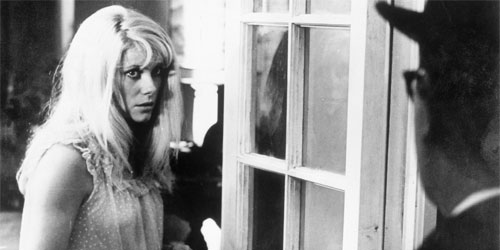
The eye we see in the film’s opening credits belongs to Carol and encapsulates her relationship to the internal and external worlds. To outside observers, Carol’s large, doe-like eyes are a signifier of her feminine allure, but, as is made palpable to the viewer, they also house her intense fear and constitute a deceptive barrier against the malignant traumas that disturb her internal world.

Don’t believe the hype. You have been conned. ‘The Revenant’ is a terrible film. … The second galling part of the film is its abhorrent treatment of Native peoples. It is at best mediocre, at worst condescending, and at all times unremarkable lazy recycled fodder. Almost every time Hugh has an interaction with a Native American person, they meet with disaster. … Can we see this whole movie from the Arikara tribe’s perspective? From Powaqa’s perspective? That would be an actual game changer.
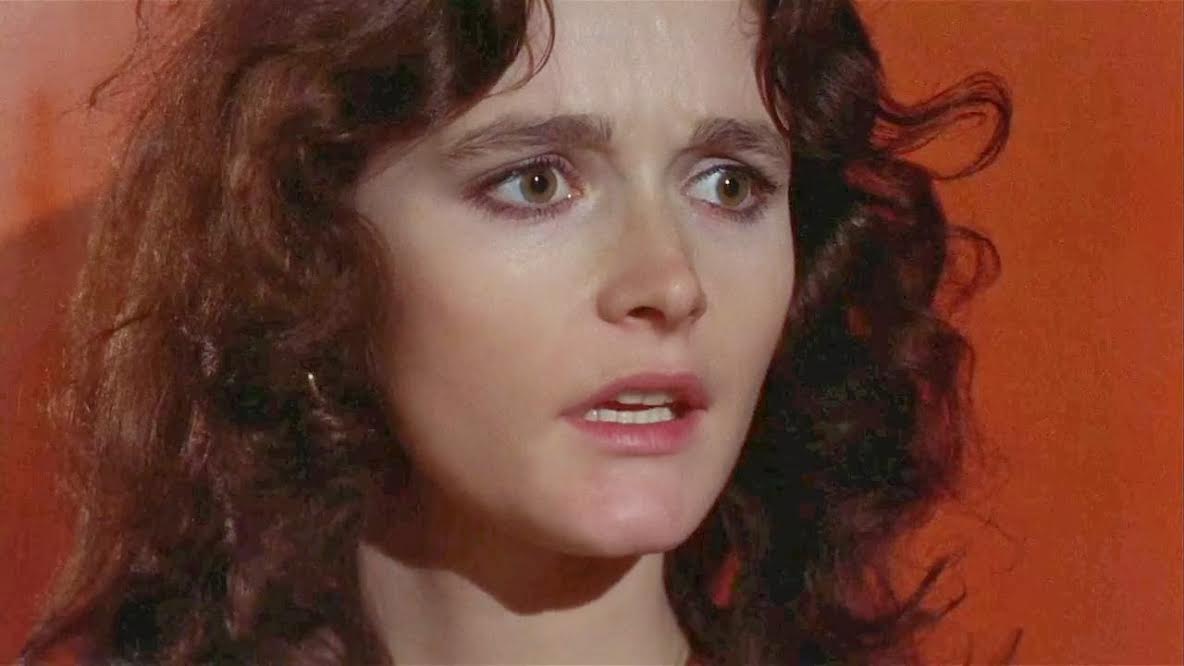
‘Sisters’ displays an early concern with women’s liberation in mainstream American film (De Palma’s collaborator on the screenplay was Louisa Rose). Many of the film’s social complaints remain liberal talking points today: that police can be motivated by racism, that the legal institution can subject women to excessive scrutiny, and that the medical-psychiatric institution remains patriarchal and sexist in its diagnosing and treatment of women. Yet the film’s intersections with disability are more complicated.
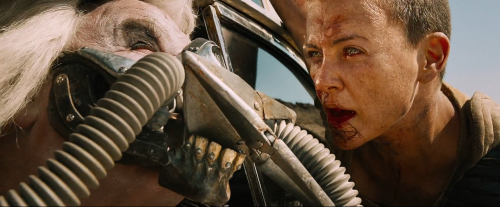
Check out all of the posts from our Violent Women Theme Week here.
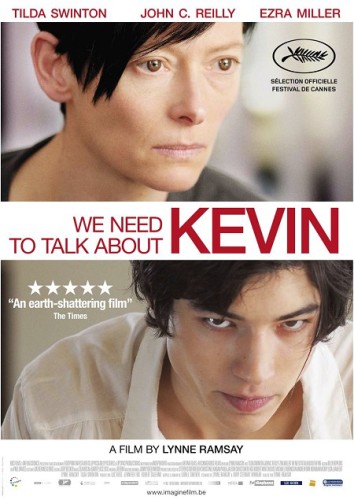
The film relocates the fears surrounding motherhood away from the patriarchal fears of abjection to the female and feminist fears of fulfillment.
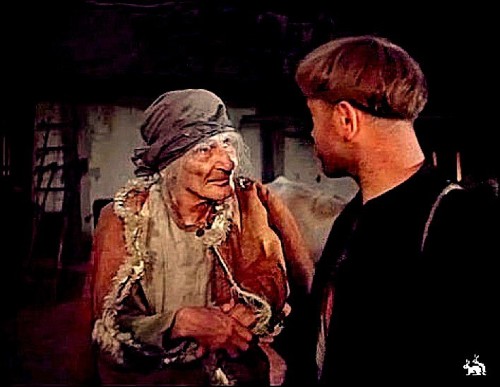
For women, male anxieties over female abusers combine great risk of demonization with great opportunity to forge connection. Men, like women, understand boundaries primally through their own bodies and identification. Rejecting one’s own abuse teaches one to fight against all abuse; excusing it teaches one to abuse.

Caleb has won a trip to spend time at Nathan’s research-lab/home. While there, Caleb is given the task of giving Ava (the lead robot) a Turing Test to determine if she can “pass” as human. During his stay, Caleb learns of another female robot, Kyoko, who is basically a sex slave for Nathan. Yes, that is right, the males are human, the females are (fuck) machines.

Though based in downtown Chicago, there is a paucity of people of color in the show, and those who do make appearances seem to be present for only short amounts of time, save for one: Kalinda Sharma. She is an independent private investigator for the firm Lockhart and Gardner, and is a supporting character in the series’ narrative. Played by actress Archie Panjabi, the role of Kalinda Sharma is one that is groundbreaking in terms of thinking about queer South Asian bodies onscreen in the American imaginary.

‘Starry Eyes’ is a bloody, brilliant horror spectacle, about a desperate starlet who makes a dark deal for the promise of fame. Creepy, gross and well observed, complete with a complex female character and a crazy good performance from star, Alex Essoe, it is a film you have to see to believe, as long as you’ve got a strong stomach, that is. I spoke with writer-directors, Kevin Kolsch and Dennis Widmyer about their film, their inspirations and the universalities about struggling to make your way in Hollywood.
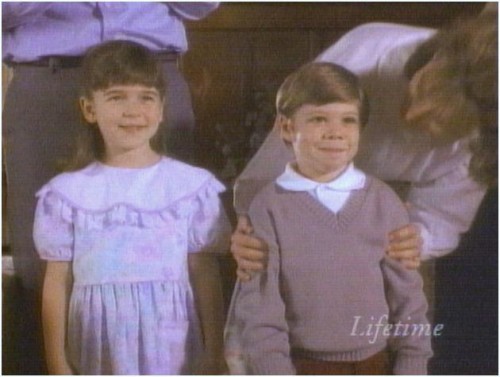
Tim and Julie didn’t know about the sexual abuse Beth had been subjected to as early as 19 months old by her father. They didn’t know she was suffering from Reactive Attachment Disorder, a condition that surfaces from past trauma and neglect into oceans of disturbing, detached, unresponsive, and apathetic behavior. They couldn’t possibly know that a young girl could be filled with so much—that much rage.
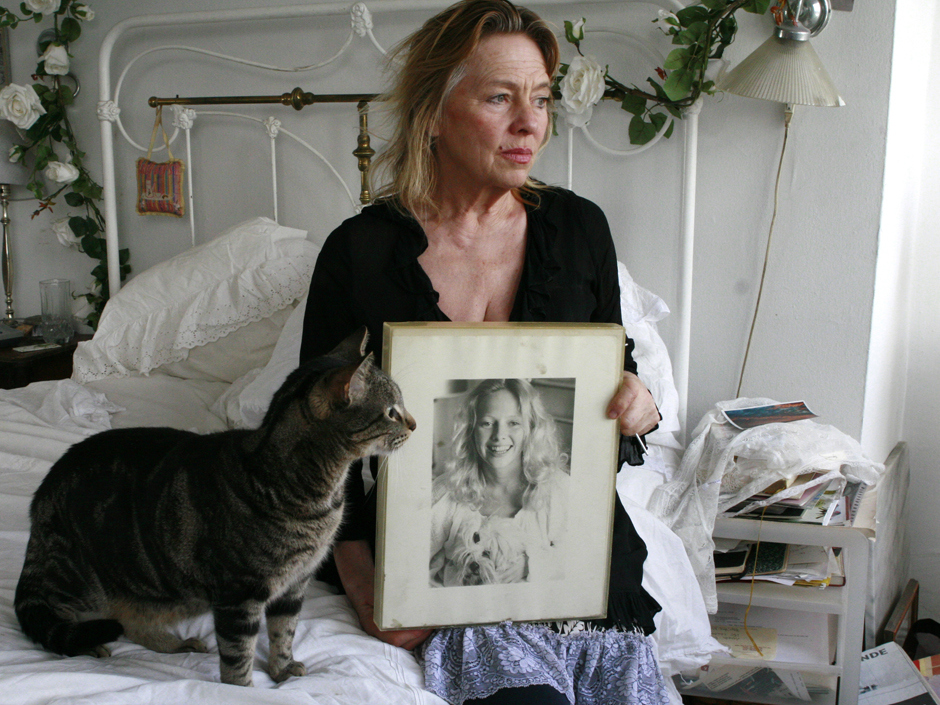
In her Central Park West apartment, Agneta Eckemyr lives in a wonderland of knick knacks, of lace and faded photos and rose appliqués. Her artfully shabby chic wrought iron bed, mammoth and cloud-like, is crowned with embroidered pillows; she lounges with one that says, “And they Lived Happily Ever After.” She picks up another, “The Queen Reigns Here” and sighs, it’s no longer true.
Once upon a time, she was beautiful. Impossibly so.
# 50/50 5 Broken Cameras 500 Days of Summer 45 Years The 40-Year-Old Virgin 4 Months 3 Weeks and 2 Days 9 to 5 1971 101 Dalmations 127 Hours 10 Days in a Madhouse 10,000 km 3 1/2 Minutes, Ten Bullets 300: Rise of an Empire 12 Years a Slave 28 Days Later A Abuse … Continue reading “Film Directory”










